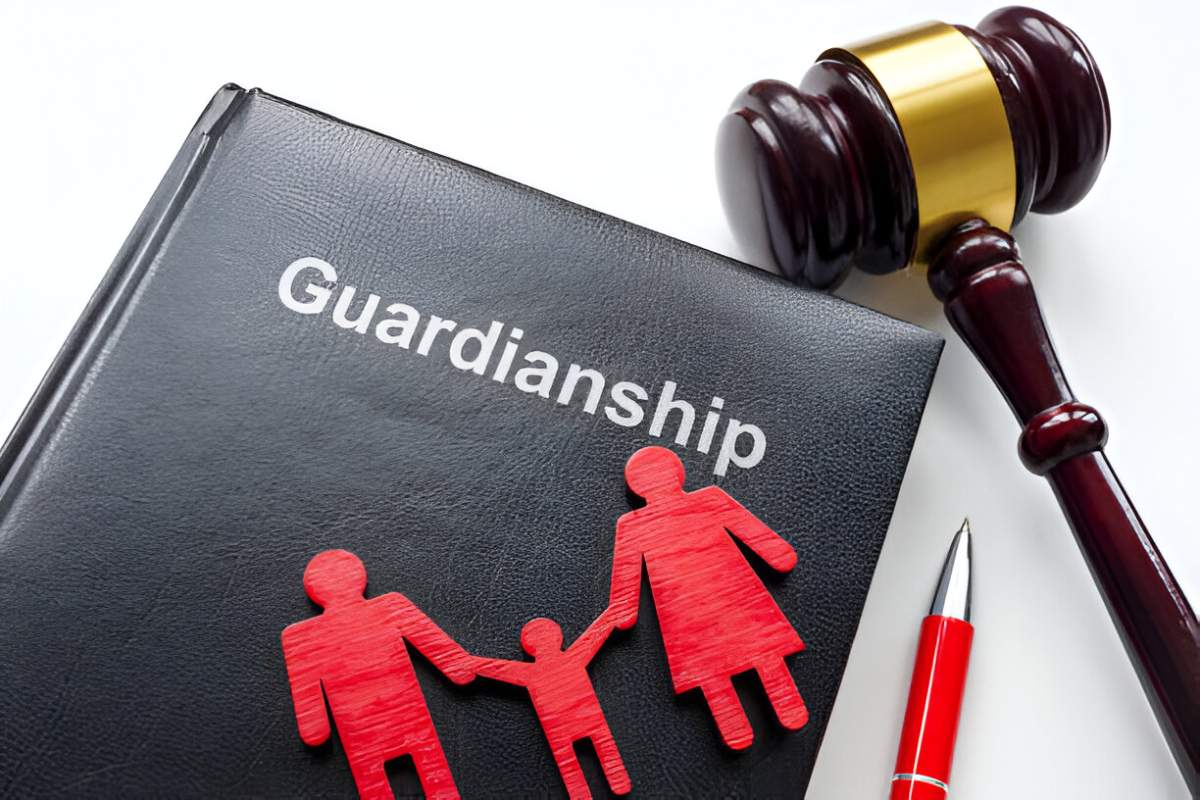Understanding Legal Grounds for Terminating Guardianship in New Jersey
Terminating a guardianship in New Jersey involves proving to the court that the arrangement is no longer necessary or in the best interest of the individual under guardianship. Courts take these decisions seriously, as guardianship limits a person’s legal rights and is only granted when deemed essential for protection. To end a guardianship, the petitioner must present clear and convincing evidence that circumstances have changed—such as the individual regaining the ability to manage their own affairs, or the guardian no longer being fit to serve.
The court may also consider whether the original reasons for the guardianship still apply. For example, if a minor turns 18 or if a person with a disability shows sustained improvement, these could justify reevaluating the arrangement. However, the process is not automatic or simple.
If you’re asking how hard is it to terminate guardianship, the answer depends on the specific facts of the case, the evidence available, and the willingness of the court to reassess prior findings. At The Simone Law Firm, we work with families to evaluate legal options and build a strong case for termination when it serves the best interests of all involved.
Steps Involved in Filing for Guardianship Termination
Filing to terminate guardianship in New Jersey requires a clear and structured legal process. The first step is preparing a formal petition to the court, requesting the termination. This petition must outline the reasons why the guardianship is no longer necessary and provide supporting documentation, such as medical evaluations, proof of financial independence, or statements from professionals familiar with the ward’s condition.
Once the petition is filed, the court will typically schedule a hearing. During this hearing, the petitioner must present evidence demonstrating that the original grounds for guardianship no longer exist or that the guardian is no longer fit to serve. The court may also appoint an evaluator or guardian ad litem to provide a neutral perspective on the case.
All interested parties—including the current guardian and the ward—have the right to attend the hearing and voice their positions. The judge will review all the evidence before deciding whether to terminate the guardianship.
If you’re wondering how hard is it to terminate guardianship, the legal process is thorough by design. At The Simone Law Firm, we help guide clients through each step, ensuring that petitions are strong, clear, and supported by the right documentation for a fair outcome.
Challenges You May Face When Seeking Termination
Terminating a guardianship in New Jersey is not always straightforward. One of the main challenges is meeting the legal standard of proving that the guardianship is no longer necessary. This requires compelling evidence, often including updated medical records, psychological evaluations, or testimony from professionals who can speak to the ward’s current abilities. If the individual under guardianship is still perceived as unable to manage their own affairs, the court may hesitate to end the arrangement.
Another common challenge is opposition from the current guardian or other family members who may believe the guardianship should remain in place. Their objections can lead to drawn-out court proceedings and may require additional documentation or testimony to resolve.
Courts prioritize the well-being of the person under guardianship, so any hint of instability—financial, emotional, or physical—can make termination more difficult. Procedural missteps, such as missing deadlines or submitting incomplete paperwork, can also delay the process.
If you’re asking how hard is it to terminate guardianship, the answer often lies in the strength of your evidence and the complexity of the situation. The Simone Law Firm works closely with clients to prepare for these challenges and present a persuasive case that prioritizes the ward’s best interests.
When the Court Is Likely to Approve Guardianship Termination
Courts in New Jersey will consider terminating a guardianship when there’s convincing evidence that the arrangement is no longer necessary or beneficial. The most straightforward example is when a minor under guardianship reaches adulthood—at age 18, they automatically gain legal rights unless the court has ruled otherwise. For adults, termination is more complex but can be granted if the individual demonstrates the ability to manage their personal, financial, and medical decisions independently.
The court will often look for a consistent pattern of stability. This includes documentation of improved mental or physical health, steady income or support, a stable living environment, and support from medical professionals or counselors. The guardian’s performance is also a factor. If the guardian is neglectful, abusive, or unable to fulfill their duties, the court may approve termination or appoint someone else.
Still wondering how hard is it to terminate guardianship? Approval becomes more likely when all legal, medical, and personal factors support that decision. At The Simone Law Firm, we help clients gather the necessary evidence, complete proper filings, and present a clear case that aligns with what the court needs to see to approve a guardianship termination.
Conclusion
Terminating guardianship in New Jersey can be a complex and emotional process, but with the right approach, it is possible to achieve a favorable outcome. Whether you’re seeking to end guardianship due to improved circumstances, a change in the guardian’s ability to serve, or the natural conclusion of a minor reaching adulthood, being prepared is key. Understanding the legal grounds, following proper procedures, and addressing potential challenges head-on can make a significant difference. At The Simone Law Firm, we are committed to helping families navigate this process with clarity and care, always prioritizing the best interests of those involved.









Leave a Comment